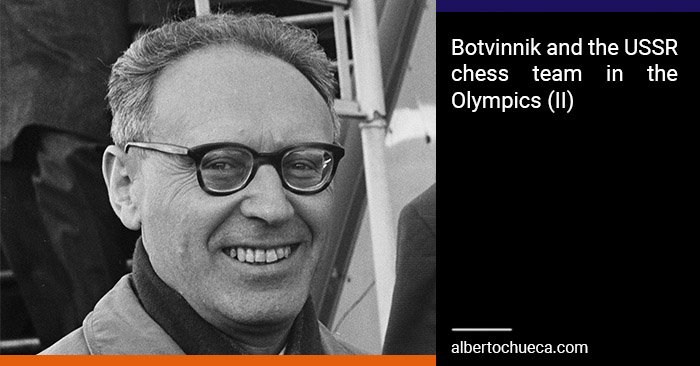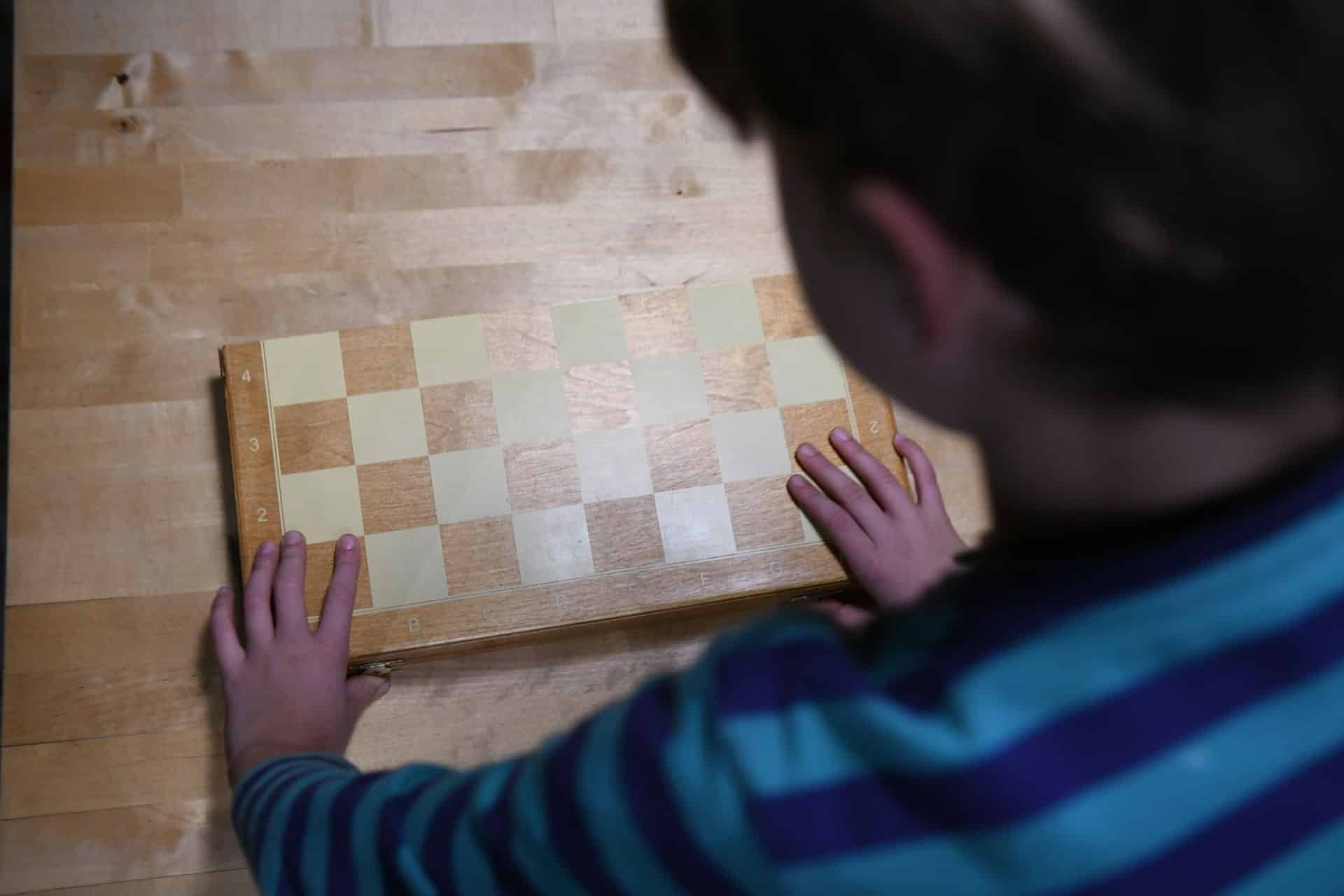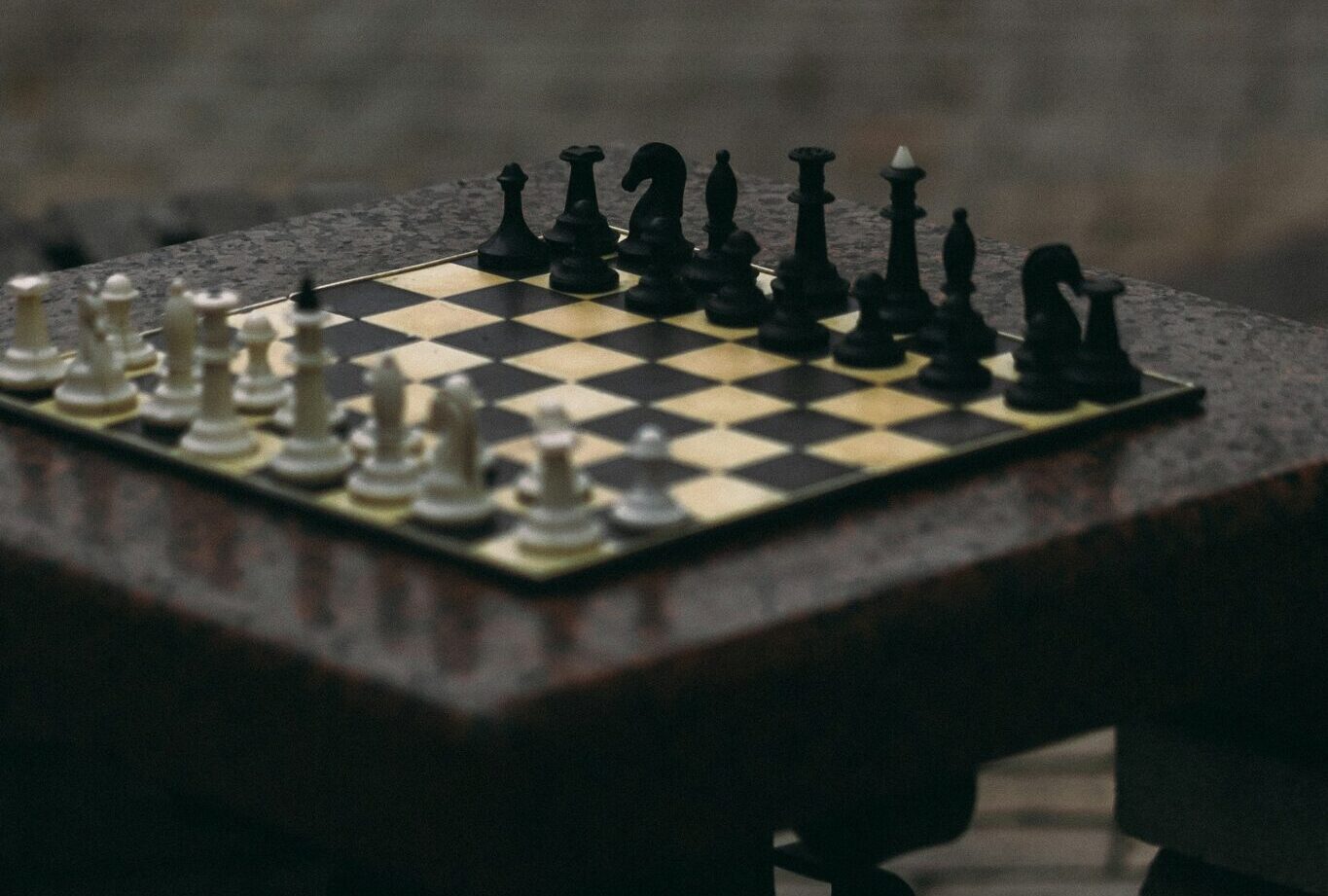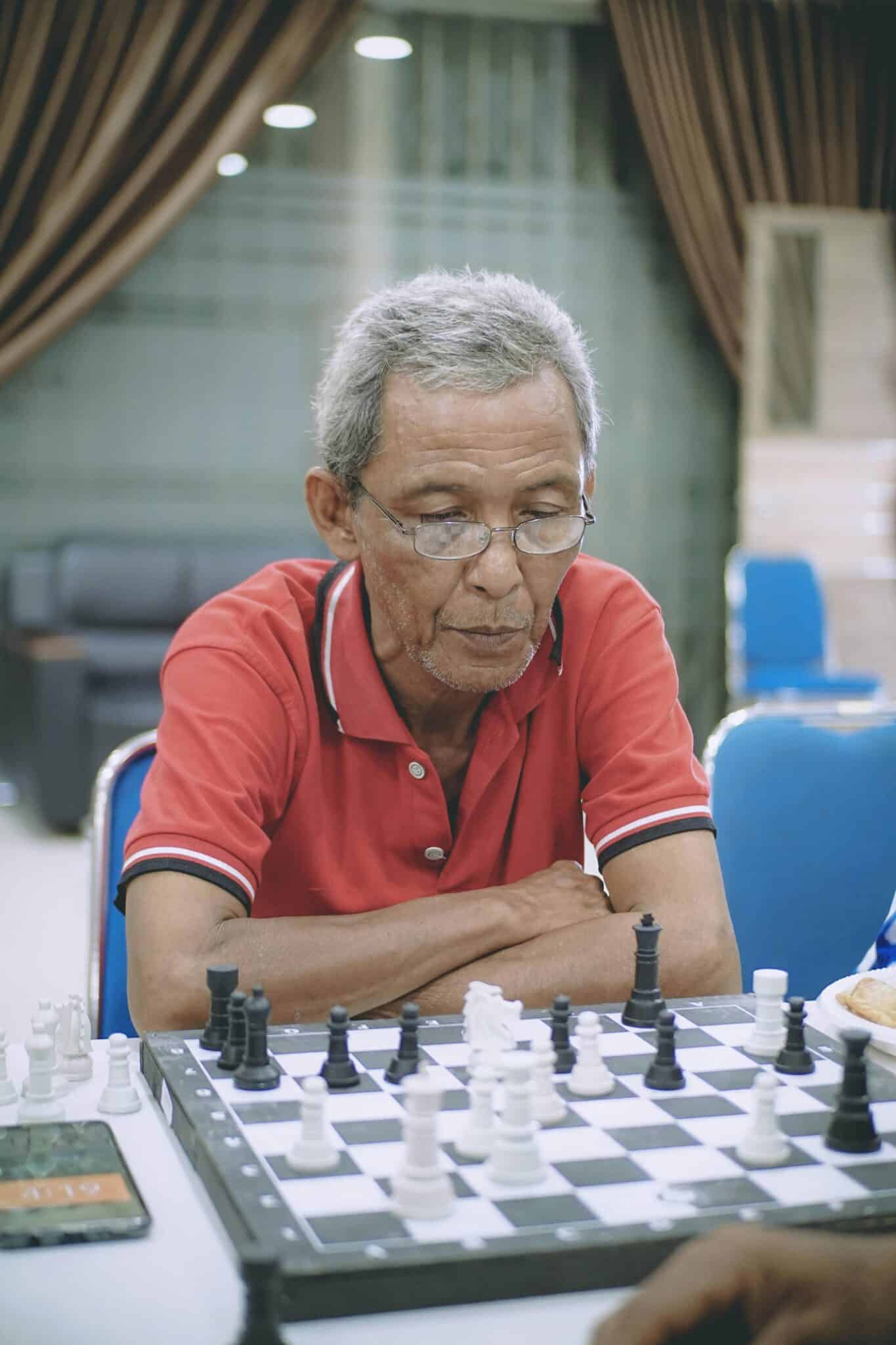Table of Contents
The Soviet chess team and Mijail Botvinick
Mijail Botvinnik had many problems these years. In the summer of 1952, there was much nervousness in the Soviet chess team.
The Kremlin had announced that they were seriously considering their participation for the first time, in the Olympics. (Not only in chess, as the same year, also took place the Olympic Games in Helsinki).
Hence, many undiscovered intrigues, mini-assemblies, rumors and secrets were on the aisles.
Finally, the highest spheres had confirmed the decision – the USSR chess team will be in Helsinki.
Once the western world became aware that the Soviets had decided “to acknowledge” the existence of the capitalist countries, the political analysts were asking themselves this was just an overlapped initiative in search of peace, that part in theory that was always threatened by any possible outbreak in tension.
And it had been like that. The objective of the Soviets was much more humble. To show the world that their athletes and in particular their chess players were the best. They were looking for prestige and respect. The respect was the fear on the part of their enemies.
Based on that decision, began the selection phase and preparations.
However, the final decision of the Kremlin gave rise to an unpleasant internal discussion in the selection phase.
Let us reminisce on the sports facts.
In the 19th USSR Championship (Moscow, 10.11-14.12.1951), Keres brought triumph (with 12 points), followed by Geller and Petrosian with 11.5, and Smyslov with 11. Botvinnik only ended in fifth place with 10 points.
Mijail Botvinnik and the World Championship
After the match for the World Championship with Bronstein, this has been the only tournament disputed by Mijail Botvinnik, who participated again in the international tournament in Budapest in 1952. His performance in the Hungarian city was very anodyne and uninspired.
As he could only draw in 3th place with Stahlberg and Smyslov, losing two games (before Geller and O’Kelly). Two brief matches of training with Smyslov (in which he lost, 1,5-2,5). And with Kan (winning, 1-5-0,5) did not clear up the doubts.
As he was already 40, many started to wonder if the champion had started its age.
When the Soviet participation in Helsinki was officially confirmed, Mijail Botvinnik was reluctant about his participation in the Olympics due to the tight playing program.
He was also very annoyed as the other members of the chess team did not support his position on the participation, but on the contrary, they “seemed” to wish his absence.
The sports leaders were also curious if that first and special debut of the national soviet chess team in the official competition was the right occasion to trust their first board to a champion that shaky…
The USSR participates in the Olympics
When the team members of the Soviet team were gathered in Voronovo, near Moscow. They all had the feeling that Mijail Botvinnik was not in form. And the Chess Section convoked them all and a delegate interviewed (interrogated?) each one of them individually.
Mijail Botvinnik shared later that they asked him if he could secure the individual gold medal in the first board (he did not say what he answered). He suspected that Keres had answered affirmatively to that question.
On the next day, he asked Smyslov if he was part of the conspiracy to isolate him from the team. And Smyslov had denied (as, of course, anyone would have done, because and besides, it was not any conspiracy).
However, Mijail Botvinnik, accustomed to the intrigues of the Soviet chess, and informer in his privileged position, pulled the strings. As in the case of Bronstein, whom he has asked, “Don’t you think that I have a place in this team?” Bronstein answered, “Yes, but not in the first board.”
Mijail Botvinnik and the first board
Mijail Botvinnik was not willing to assume the humiliation of defending a board that was not the first one. And hence Geller replaced him. Paul Keres (who had also won the tournament of Budapest) would be the leader of the Soviet team. And Smyslov, Bronstein, Boleslavsky and Kotov would be the other members.
The 10th Olympic was played between 10th and 30th August 1952. The organizers divided into three groups (one of 9 and two of 8) the 25 national teams. The first three teams classified each team to dispute for the Final A.
In the previous phase, the Soviet team (Keres, Smyslov, Bronstein, Geller, Boleslavsky and Kotov) gained 23.5 points (of 28 games), easily winning the first qualifying position.
As expected, the USSR imposed its team in the Final A, but not clearly, as they ceded three draws in the other encounters, overcoming in only one and a half points to Argentina (silver) and in two to Yugoslavia (bronze).
Curiously, and although Smyslov and Bronstein both garnered several gold medals in their boards. The performance of Keres resulted in an authentic fiasco, as he has only gained 6.5 points in 12 games (+3=7-2), in contrast with the first Argentinean board, Miguel Najdorf, who gained 12.5 of 16.






